Solitude is as needful to the imagination as society is wholesome for the character
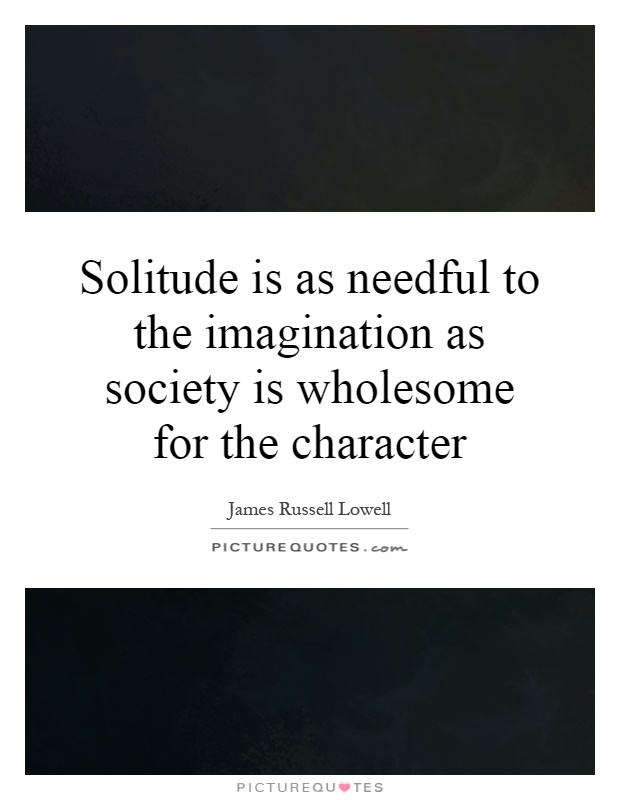
Solitude is as needful to the imagination as society is wholesome for the character
James Russell Lowell, a renowned American poet, critic, and diplomat, understood the importance of solitude in fostering creativity and imagination. In his essay "On Going to Church," Lowell wrote, "Solitude is as needful to the imagination as society is wholesome for the character." This statement reflects Lowell's belief in the dual nature of solitude and society in shaping the human experience.Lowell recognized that solitude provides the necessary space for introspection, reflection, and creative thought. In the quietude of solitude, the mind is free to wander, explore new ideas, and make connections that may not be possible in the hustle and bustle of everyday life. It is in solitude that the imagination can truly flourish, unfettered by the constraints of social norms and expectations. Lowell himself often sought out moments of solitude to fuel his creative endeavors, finding inspiration in the tranquility of nature or the solitude of his study.
However, Lowell also understood the importance of balance, recognizing that society plays a crucial role in shaping one's character and worldview. While solitude may be necessary for the imagination to thrive, it is through interactions with others that we learn empathy, compassion, and understanding. Society provides the necessary feedback and perspective that can help refine our ideas and beliefs, challenging us to grow and evolve as individuals.
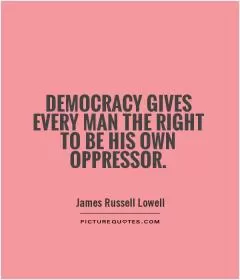

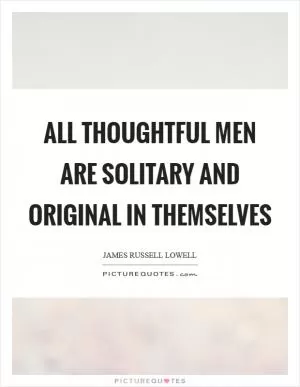
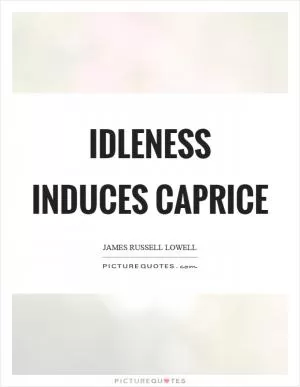


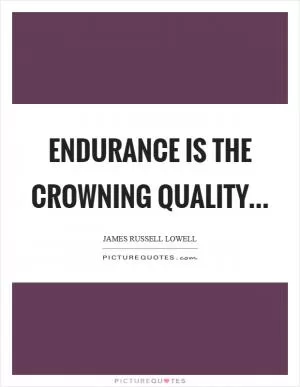


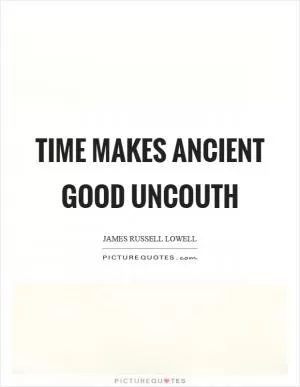


 Friendship Quotes
Friendship Quotes Love Quotes
Love Quotes Life Quotes
Life Quotes Funny Quotes
Funny Quotes Motivational Quotes
Motivational Quotes Inspirational Quotes
Inspirational Quotes